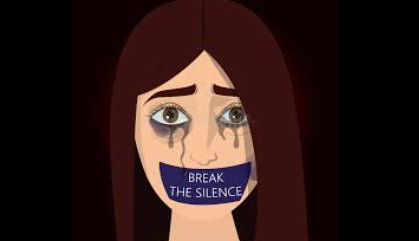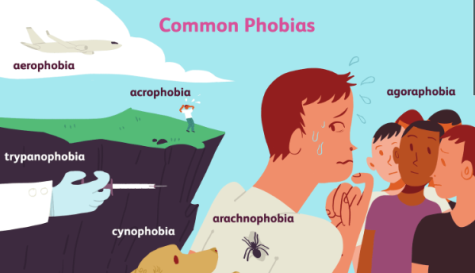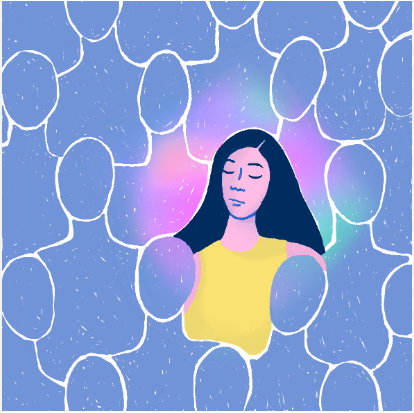How does being alone affect humans?

Emma Croxford | Reporter
There are different types of aloneness. The first being alone while surrounded by tons of people and the second being completely alone and cut off from society. Both of these can have a huge toll on a person’s mental health. Some causes of aloneness are loss of loved ones, mental health issues, social media, and remote location. When one loses a loved one it affects their willingness to live and put effort into their day-to-day relationships with people. This causes them to lose more friends, and grow distant from family. Mental health drives a person to not want to be around people and distances them from the life of a mentally stable person. Social media can make a person think less of themselves, leading them to not want to be around others because they feel as though they do not fit in. Lastly, location or where one lives can affect their human contact. Living far away from society leads to less social interaction, and then, loneliness.
Feeling alone surrounded by people is usually the effect of not having one’s expectations met. If a person does not feel cared for or understood by the people around them they are most likely to feel severely alone. It will not matter how many people they are surrounded with if those people fail to understand them. Dr. Bell Washington says, “You can be in a crowd full of people, you can know them all, and you can still feel lonely.” Things like social anxiety and depression can cause a person to feel alone. These two mental illnesses stop people from engaging in certain experiences and isolates a person cutting them off socially. Social anxiety is a type of anxiety that causes one to isolate themselves in situations with lots of people, resulting in them feeling lonely.
Being alone- in a sense of isolation- is also not good. Being isolated for too long results in a person growing lonely, and they have a high risk of insanity. Isolation, meaning no human contact and being completely closed off from society, can- in severe cases- lead to a person having hallucinations of physical touch and people, as well as sounds. Being alone in this sense takes a toll on a person’s mind; it disrupts their thoughts and life. In a less serious situation of aloneness, a person is surviving alone, but not to the point of being completely isolated (no activities and outdoor access). These people do not go insane and usually choose to be alone.
Whether or not you are isolated or surrounded by people, aloneness continues to affect the brain and lifestyle. In everyday life students and adults suffer from solitude making their lives less enjoyable. Ways to make life more enjoyable for a lonely person is joining a club or activity and practicing self-care. A person is unable to uphold personal relationships if they do not work on their relationship with themselves first. Getting the right amount of exercise, sleep, sunshine, and having a healthy diet can make a person happier, increasing their likelihood to engage in activity with others.











